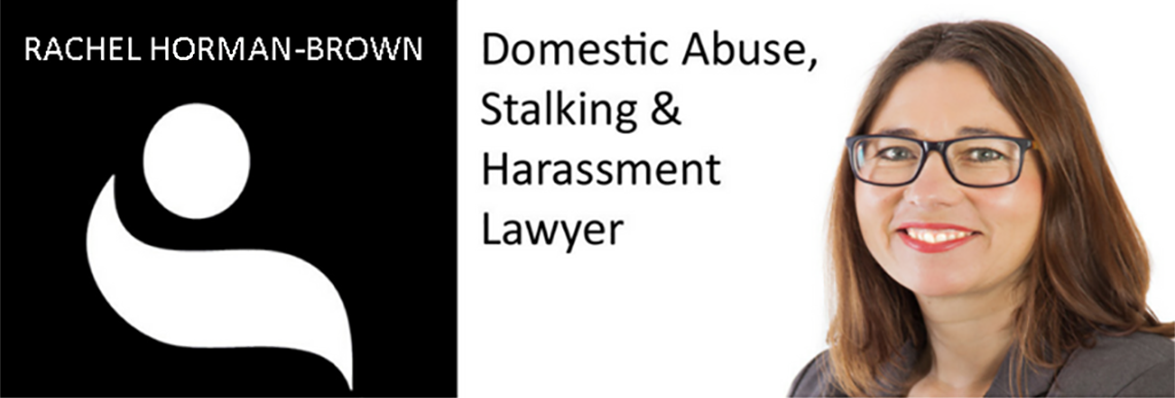This is an issue that I have long been aware of and was the subject of a BBC Radio 5 Live Investigates programme at the weekend to which I was invited to take part.
The investigation concluded that under-charging by the Crown Prosecution Service was becoming increasingly common – in the main due to budget cuts. This has a huge impact on victims of domestic violence in particular who find it more difficult than most to come forward in the first place. They are then often wrongly informed by the police that there is nothing that can be done and advised to obtain a civil injunction. Victims are also discouraged by the police and told that they will have to face their ex-partner in court without explaining about the support they will receive and the availability of video evidence.
In cases that manage to surmount the above it then turns to the CPS to recommend what, if any, charges are to be brought. Ignoring the instances of poorly investigated cases which don’t proceed due to sub-standard policing there is still a high proportion of cases which are either rejected by the CPS or proceed by way of caution. Last year over 200,000 cautions were issued by the police in cases where the offender had admitted guilt including more serious crimes such as sexual assault. Guidelines issued by the CPS make it clear that the “use of cautions for domestic abuse cases is rarely appropriate because such cases involve a breach of trust and are unlikely to be the first offence. Generally, the public interest will require the prosecution of the suspect where there is sufficient evidence for charges to be brought.” Little heed is paid to this however as this cautions are regularly used in domestic violence cases where the offence is admitted.
In the remaining cases where the CPS decide that actual criminal charges should be brought (in reality the minority of domestic abuse cases) there is growing evidence to show that offenders are routinely under-charged particularly in domestic abuse cases. This view is supported by Jason Hogg of the Union representing CPS members who states that the budget cuts (27% in 2010) are bound to impact on decisions around charging. The most common example is charging common assault rather than actual bodily harm. The maximum sentence for common assault is 6 months and cases can only be dealt with in the magistrates’ courts. ABH can result in 5 years imprisonment and whilst an injury is required it does not have to be very serious and psychological injury is sufficient. A good example of this was the recent case of Jubel Miah where the victim suffered months of psychological and physical violence including black eyes, being assaulted with a dumb bell and stabbed. Yet this case resulted in only one charge of….yes, you guessed it, common assault.
So why do the CPS under-charge? The main reason would appear to be cost. Defendants are more likely to plead guilty to a lesser charge. Crown Courts cases tend to last for longer and cost on average £1700 per day rather than £800 per day in the Magistrates courts.
However in my view there is an additional factor which affects both the CPS and the police – their lack of understanding around domestic violence and failure to take it seriously. The new stalking legislation has barely been used as the police and CPS do not see domestic violence as a pattern of behaviour and fail to link up offences which means that in isolation they may seem minor yet taken together become very serious indeed.
Victims are kept in the dark about all of this and there needs to be a transparency and honesty around the decision making process and if it is an issue of cost this should be made clear so that the electorate can decide whether they want a cut-price justice system which fails victims or one that puts victims at the forefront.

Comments are closed, but trackbacks and pingbacks are open.